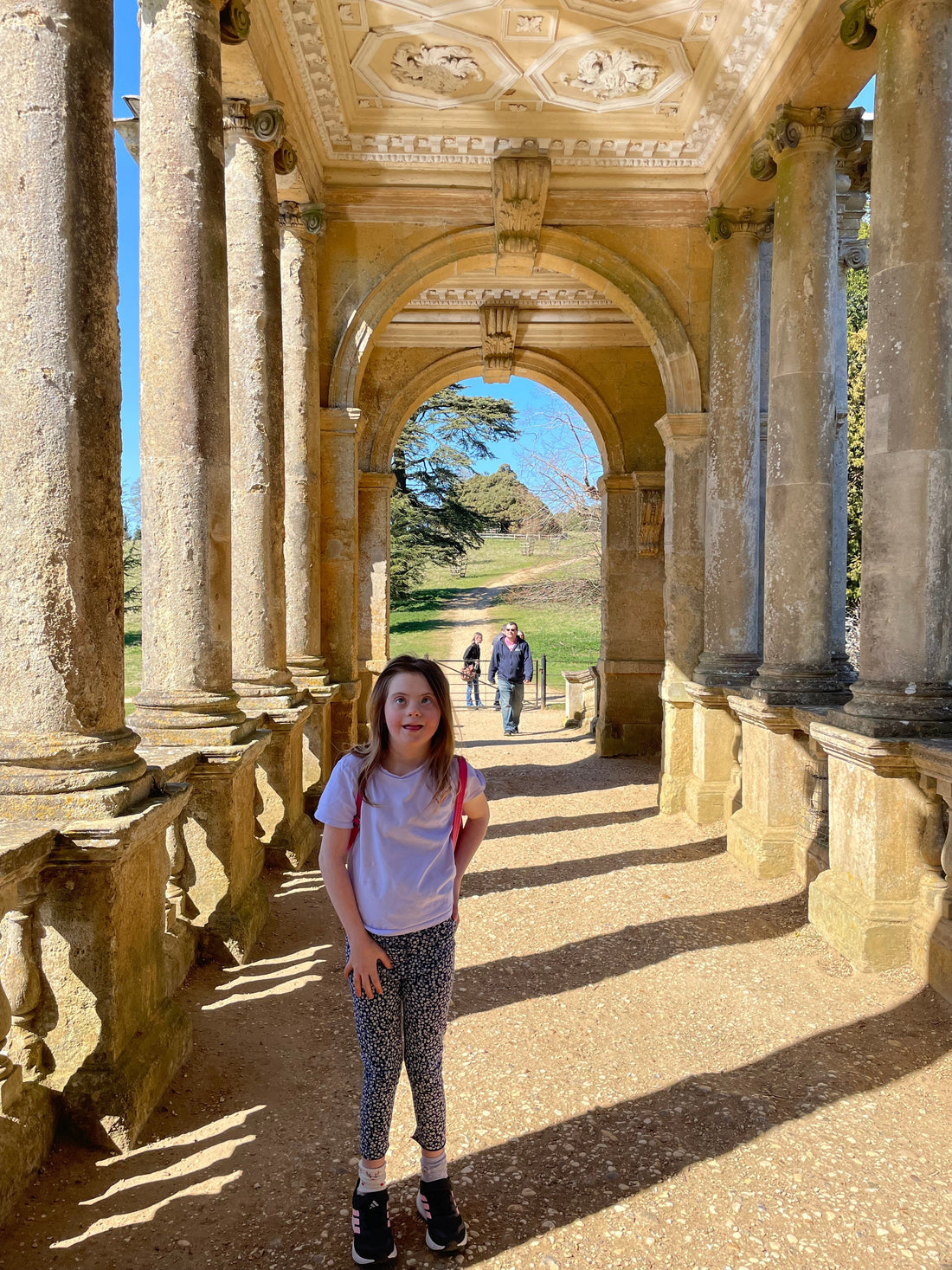
Why I Celebrate World Down Syndrome Day: A Personal Tribute to Inclusion, Love, and Awareness
Share
Last month, my family and many other families celebrated World Downs syndrome Day. I want to share some information here about why we do.
Why We Celebrate World Downs Syndrome Day
Every year on March 21st, the world unites to celebrate World Downs Syndrome Day (WDSD)—a global awareness day officially recognised by the United Nations since 2012. The very same year that my daughter, Ella (who happens to have downs syndrome) was born! What an amazing year for our family! But what makes this day so important? Why do people wear mismatched socks, share stories, and participate in community events? The answer lies in awareness, advocacy, inclusion, and the celebration of human diversity.
In 2011, I found out I was pregnant. I was cautious because I had had a number of pregnancy issues beforehand, and so I didn't want to raise my hopes. But there was a little glimmer of hope and excitement within me that I just couldn't get rid of. A desire to imagine that my pregnancy would go full term, and I would become a Mummy for the second time.
At our dating scan, the sonographer took what felt like hours (it was probably minutes) and I automatically assumed that he was looking at a heart that wasn't beating. In fact, he was taking measurements of a nuchal fold that measured at 5mm.
We went through many tests, and found out that our daughter was going to be born with Downs syndrome. I wish that was the end of the pregnancy story, but unfortunately, despite the fact that I was adamant that I wanted to keep my child, I was encouraged many many times to consider not continuing with my pregnancy. I found this stage very difficult, as I was informed constantly about the difficulties that people with downs syndrome encounter, and how this would impact our whole family's dynamics. I was given no positive information at all, and felt that I was supposed to feel ashamed of pregnancy rather than it being something I could celebrate.
In 2012, Ella was born and I felt so anxious so often imagining all of the horrific days we would encounter due to her health. We did have to encounter some very tricky medical hurdles in Ella's first 5 months. There were many days and nights spent at our local hospital, and then at 4.5 months, Ella was given open heart surgery at Great Ormond Street to fix her heart issues and she managed to become a perfectly healthy 'normal' little baby. It was time for our family to start to celebrate the miracle that we had been given.
World Downs Syndrome Day is more than a date—it’s a movement. The choice of March 21st is symbolic: Downs syndrome is caused by the presence of a third copy of chromosome 21, making the date 3/21 especially meaningful. It’s a day to shine a light on the rights, well-being, and potential of people with Downs syndrome around the world.
One of the main goals of WDSD is to raise public awareness. Despite increased understanding in recent years, misconceptions and stereotypes about Downs syndrome still exist. Many people are unaware of the wide range of abilities individuals with Downs syndrome have, or the contributions they make to families, communities, workplaces, and society. We are so very aware of how much joy individuals with downs syndrome can bring in our family. World Downs Syndrome Day provides a platform to share facts, bust myths, and shift perceptions.
Another key purpose of the day is advocacy. People with Downs syndrome and their supporters use this time to speak up about issues that affect their lives—equal access to education, healthcare, employment, and social inclusion. It’s a reminder that people with Downs syndrome have the same human rights as anyone else and deserve opportunities to thrive, not just survive.
Celebrating this day is also a chance to amplify the voices of people with Downs syndrome. Many organisations encourage self-advocacy, where individuals with Downs syndrome speak for themselves, share their stories, and take leadership roles in events and campaigns. This empowerment fosters dignity, self-confidence, and societal respect. I will always hope that Ella is employed by an organisation like this!
The symbol of wearing mismatched socks has become a fun and popular way to spread awareness. The idea is simple: socks come in all shapes, colours, and patterns—just like people. Wearing mismatched socks is a visual conversation starter and a show of support for inclusion and acceptance.
Most importantly, World Downs Syndrome Day is a celebration of life and diversity. It honours the achievements and unique contributions of people with Down syndrome in all areas of society—education, art, sports, employment, and more. It’s a joyful, positive day that highlights what’s possible when we focus on abilities instead of limitations.
In essence, we celebrate World Downs Syndrome Day to say: Everyone belongs. Everyone matters. Everyone deserves to be seen, heard, and valued.
It would be entirely wrong of me to state here that Ella having Downs Syndrome isn't a worry to us in the slightest. that we don't worry about her health, her future or even the way society will deal with her ... but, I have to be honest, I have all of those worries about Imogen too. Just because the medical profession deems her to be a typical person, I as her Mum have to consider her health, her future and how society will impact everything that she has to offer.
However, isn't it important to continue to celebrate our children - NO MATTER WHAT! Isn't it important that as a society, we recognise that everyone is born with the ability to make a difference in a positive way. Isn't it important for us to celebrate each and every diverse element in life rather than fear it! I think so!
